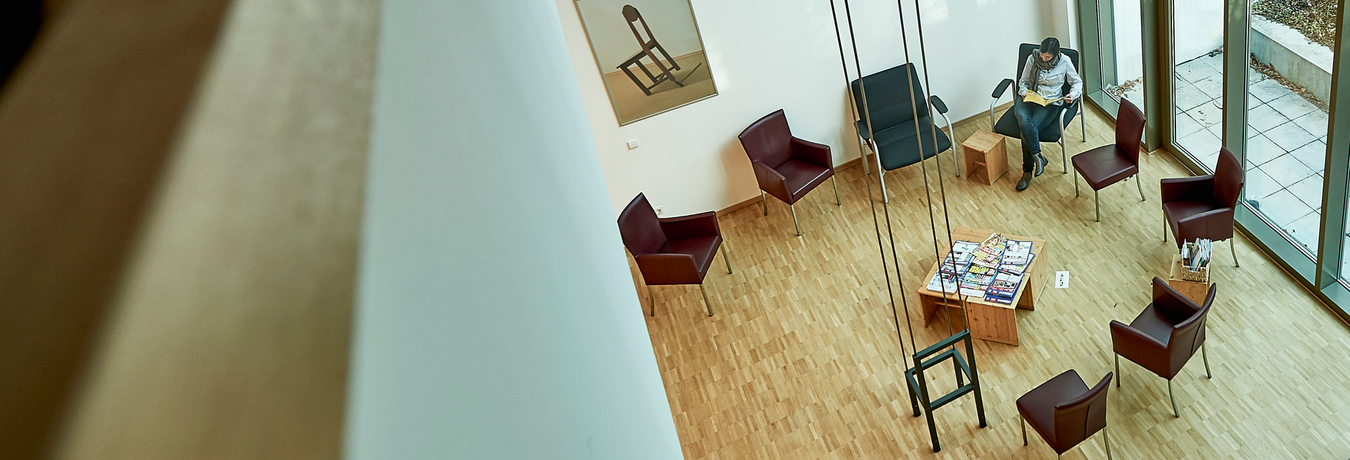Stage 1: Preparation phase
Actively live the energising elements of teamwork!
- Give yourself more positive feedback as a team when things are going well
- Concentrate more on your specific areas of responsibility or those of your team
- Address negative dynamics in teams explicitly and swiftly - pay more attention to a fact-orientated and constructive way of working together
- Try to maintain/strengthen your personal resources in your free time(e.g. physical exercise, social contacts via telephone/online media, music, etc.)
- Think about possible positive thoughts, inner images, memories that can be "safe inner places" or energising motives for you in more stressful phases.
Stage 2: High stress phase
Deal with yourself and your colleagues in an objective and mindful way!
- Make a clear distinction (within the team) between what you currently have influence over and what you do not - focus on these areas and processes that you can influence.
- Deal with organisational challenges as pragmatically as possible.
- Explicitly agree on break structures appropriate to the situation in the team - stick to them!
- Actively use breaks for inner distraction - seek out your "safe inner places" (e.g. beautiful or energising memories, motives, thoughts, plans for the future) that help you to create inner distance from work.
- Agree on suitable team time-out (TTO) rules for your area for situations with negative team dynamics. The aim: to reflect together on the essentials, return to a factual focus and identify organisational improvement impulses.
- If you are experiencing serious signs of mental exhaustion, you can make use of the counselling/support services offered by the ZPG (see contact overleaf)
Stage 3: Extreme stress phase
Allow yourself and your colleagues a human dimension!
- Please maintain an awareness of your excellent professional skills , both personally and as a team - explicitly show mutual appreciation even in extreme situations!
- Recognise that some challenges during a pandemic clearly exceed the limits of what is professionally and humanly possible.
- Avoid "all or nothing" thinking - the motto is: stick together and implement what is technically, organisationally and humanly possible in this specific shift.
- Allow yourself and your colleagues to experience feelings such as despair, frustration, anger and sadness - these are human and natural reactions to extreme situations. Try to give space to these feelings outside the immediate work situation.
- Make use of support services when psychological stress reactions occur
